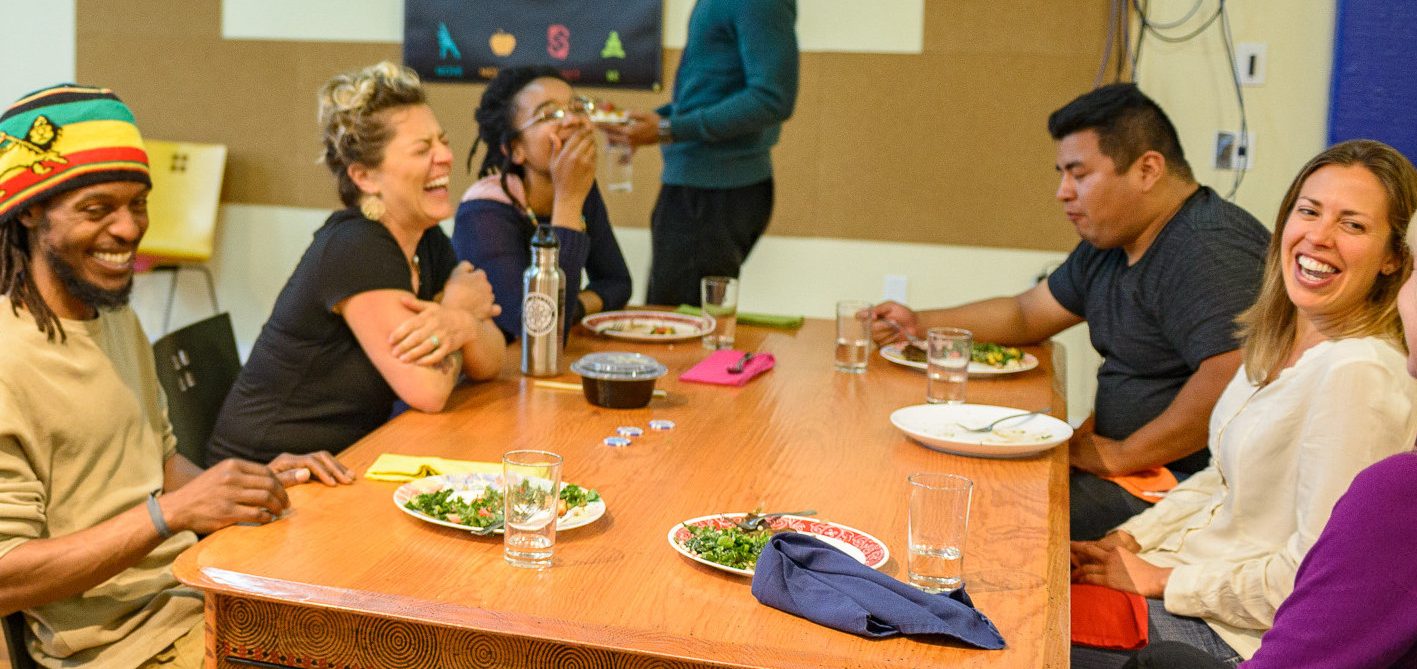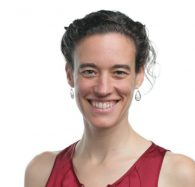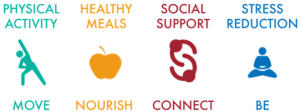Get Involved

 Become a Thought Partner
Become a Thought Partner
Partner with us to produce thought leadership that moves the needle on behavioral healthcare.
 Other options to get involved
Other options to get involved

Thank you!
We received your information and will be in contact soon!
Get Involved

 Grantmaking
Grantmaking
We fund organizations and projects which disrupt our current behavioral health space and create impact at the individual, organizational, and societal levels.
 Participatory Funds
Participatory Funds
Our participatory funds alter traditional grantmaking by shifting power
to impacted communities to direct resources and make funding decisions.
 Special Grant Programs
Special Grant Programs
We build public and private partnerships to administer grant dollars toward targeted programs.
 Program Related Investments
Program Related Investments
We provide funds at below-market interest rates that can be particularly useful to start, grow, or sustain a program, or when results cannot be achieved with grant dollars alone.
Get Involved

 Alyson Ferguson, MPH
Alyson Ferguson, MPH
Chief Operating Officer
Contact Alyson about grantmaking, program related investments, and the paper series.
 Samantha Matlin, PhD
Samantha Matlin, PhD
Senior Learning & Community Impact Consultant
Contact Samantha about program planning and evaluation consulting services.
 Caitlin O'Brien, MPH
Caitlin O'Brien, MPH
Director of Learning & Community Impact
Contact Caitlin about the Community Fund for Immigrant Wellness, the Annual Innovation Award, and trauma-informed programming.
 Joe Pyle, MA
Joe Pyle, MA
President
Contact Joe about partnership opportunities, thought leadership, and the Foundation’s property.
 Bridget Talone, MFA
Bridget Talone, MFA
Grants Manager for Learning and Community Impact
Add some text here

by Dr. Elizabeth Markle and Dr. Ben Emmert-Aronson
What if doctors could prescribe belonging? Human connection? A fun workout and a meal with good company? What if our healthcare system could deliver not only medications, but also the fundamental human experiences and behaviors that underlie health and wellbeing?
There’s a new wave of innovation in health and behavioral health. Here’s why and how:
1. The problem is chronic, painful, and expensive. Chronic, progressive, and preventable health conditions such as diabetes, depression, hypertension, and social isolation are driving tremendous human suffering and over 85% of healthcare spending nationally.
2. Both the problem and the solution are trans-diagnostic, behavioral, and experiential.While the origins of diabetes, heart disease, depression, even cancer are multifactorial, all are substantially driven by the behaviors and experiences that underlie human health and wellbeing. Healthcare providers know this. Across clinical specialties and across patient diagnoses, providers are offering a stunningly consistent (and evidence-based) set of “behavioral prescriptions:”
“Exercise more!”
“Eat Better!”
“Reduce your Stress!”
“Get some social support!”
3. Unfortunately, these are prescriptions with no pharmacy: After offering these “behavioral prescriptions,” well-intended providers often say something like “Good luck with that! I’ll see you in 6 months . . .”
Can you imagine a doctor saying, “You’re going to need insulin. I’m sure you’ll figure out getting that! Take care now!”
Further, can you imagine that doctor blaming the patient for failing to find the medication, pay for the medication, figure out dosing, manage side effects, and figure out the appropriate maintenance plan after their acute illness subsides? Of course not. It would be unthinkable, and clearly unethical. But this is what we do with behavioral prescriptions every single day.
4. It’s about democratized delivery systems. As a country, we have an incredible infrastructure for the delivery of medications: it’s the pharmacy system. It’s integrated with clinical care and with insurance coverage, in every neighborhood, and it’s roughly the same whether you’re rich or poor. What if we took the delivery of behavioral and experiential prescriptions just as seriously?
5. Open Source Wellness: A Model, A Movement. Open Source Wellness was designed to function as a “Behavioral Pharmacy” or an affordable, accessible delivery system for a universal, trans-diagnostic behavioral prescription:
Participants engage experientially in all four of these basic practices during in-person gatherings, over an initial ‘dose’ of 16 weeks, and are supported by peers and coaches to make and meet the goals that matter most to them. Outcomes include significant improvements in depression, hypertension, isolation, fruit/vegetable intake, and physical activity, along with 75% reductions in ED visits and unplanned hospitalizations. Most importantly, the model is based on the understanding that Community Is Medicine. The most potent, active ingredient in this work, by far, is the vitality, joy, hope, activation, and belonging which springs forth when participants are engaged in a healthy and thriving community! Watch below to see it in action:
6. What’s next?
The bad news: Circumscribing the production of health to tiny exam rooms, with one expert and one patient (shrouded in veils of confidentiality and separation from the daily world) is fundamentally limited and perpetuates cycles of chronicity, shame, isolation, and despair.
The good news: Fortunately, we find that given an appropriate invitation – whether a “prescription” from a doctor, or an invitation from a friend, – people are deeply moved, inspired, and eager to contribute their energy, attention, and gifts to creating a community of abundance and a culture of wellbeing. When human qualities of thriving (physical, mental, social, spiritual) are addressed (not just classic markers of health), we find that community members seek out ways to be of service to one another; As the Dalai Lama is so fond of saying, “People need to be needed.”
The even-better news: As a movement, we are challenged to envision a clinical-community ecosystem which shifts the lens from patients to be treated, to people to be seen and engaged as active contributors and co-creators. The opportunity at hand is to refine, spread, and radically open-source models in which the treatment, prevention, and management of chronic disease draws not only our overtaxed clinical systems, but rather on abundant and regenerative social and human capital.
In closing, much conversation and attention lately has centered around the “Diseases of Despair:” suicide, substance misuse, alcohol related disease. We suggest that if we want to make a difference with these phenomena (and frankly with most chronic diseases), we need to be asking not only “Why the disease?” but also “Why the despair?” What are the conditions of our psyches, our families, our communities, our society – that are producing despair? And then intervene in ways that both address the structural causes of the despair, and that also actively generate the opposites of despair: Hope. Connection. Play. Joy. Belonging. Inspiration. Vitality. Being of service to others. Meaning. Mutual care.
Open Source Wellness partners with clinical care, payers, integrated delivery systems, community organizations, housing organizations, and corporations to animate community as a platform for health and wellbeing.
As the winner of the 2019 Scattergood Innovation award, Open Source Wellness will be featured in the Scattergood blog over the coming months: stay tuned for a deeper dive into the model, the movement, and the scaling pathway for this innovative work. More information: www.OpenSourceWellness.org, or contact Liz@OpenSourceWellness.org.











